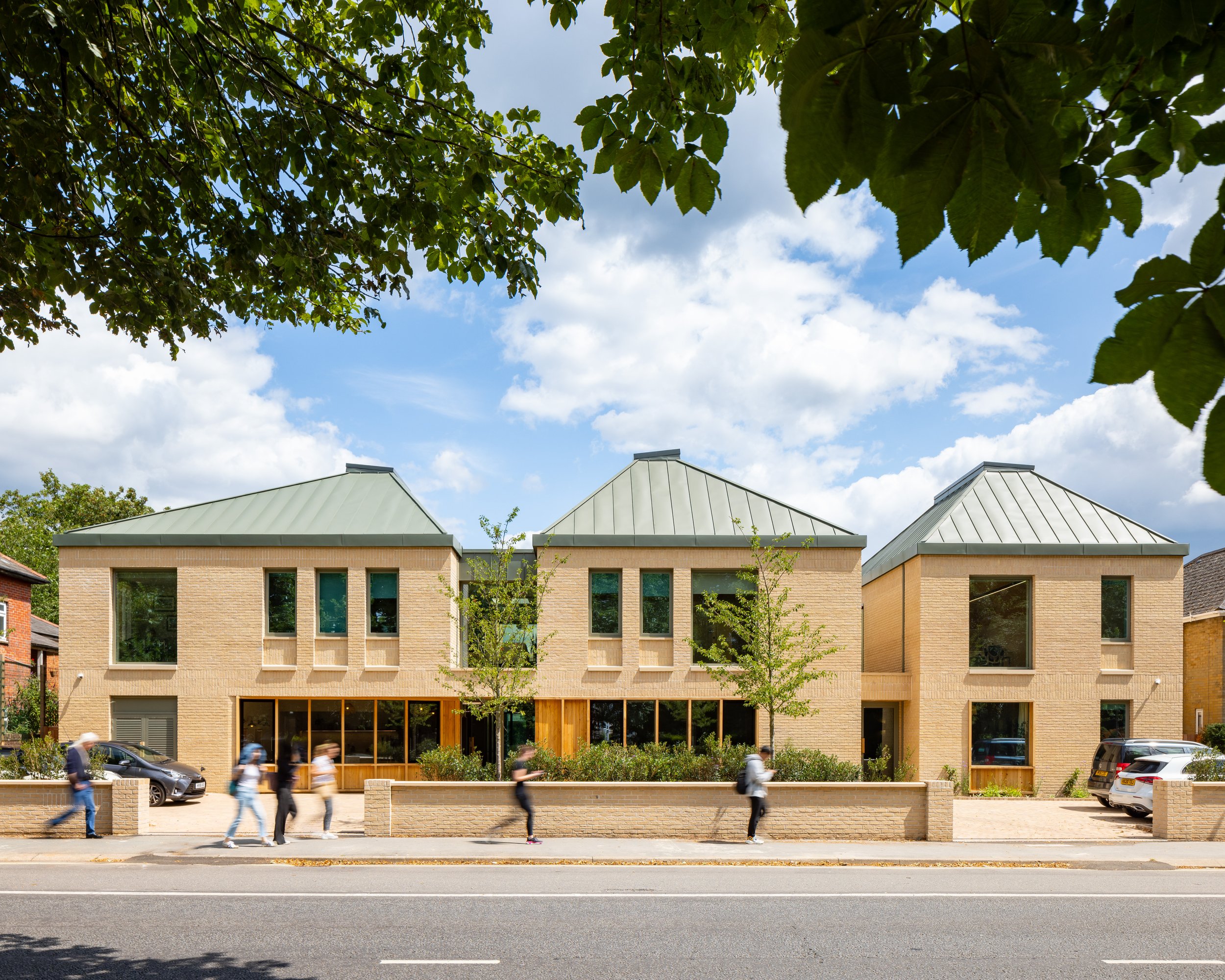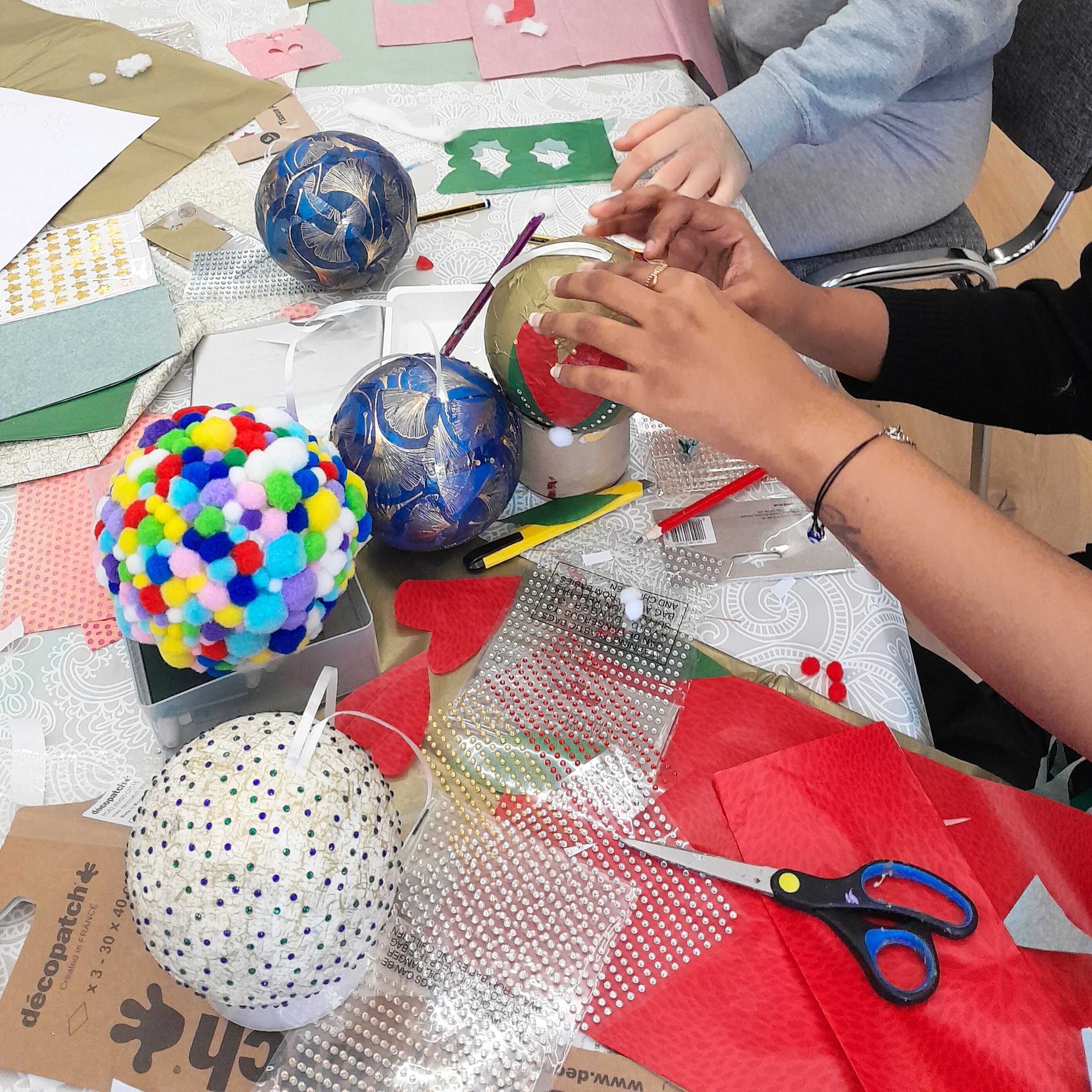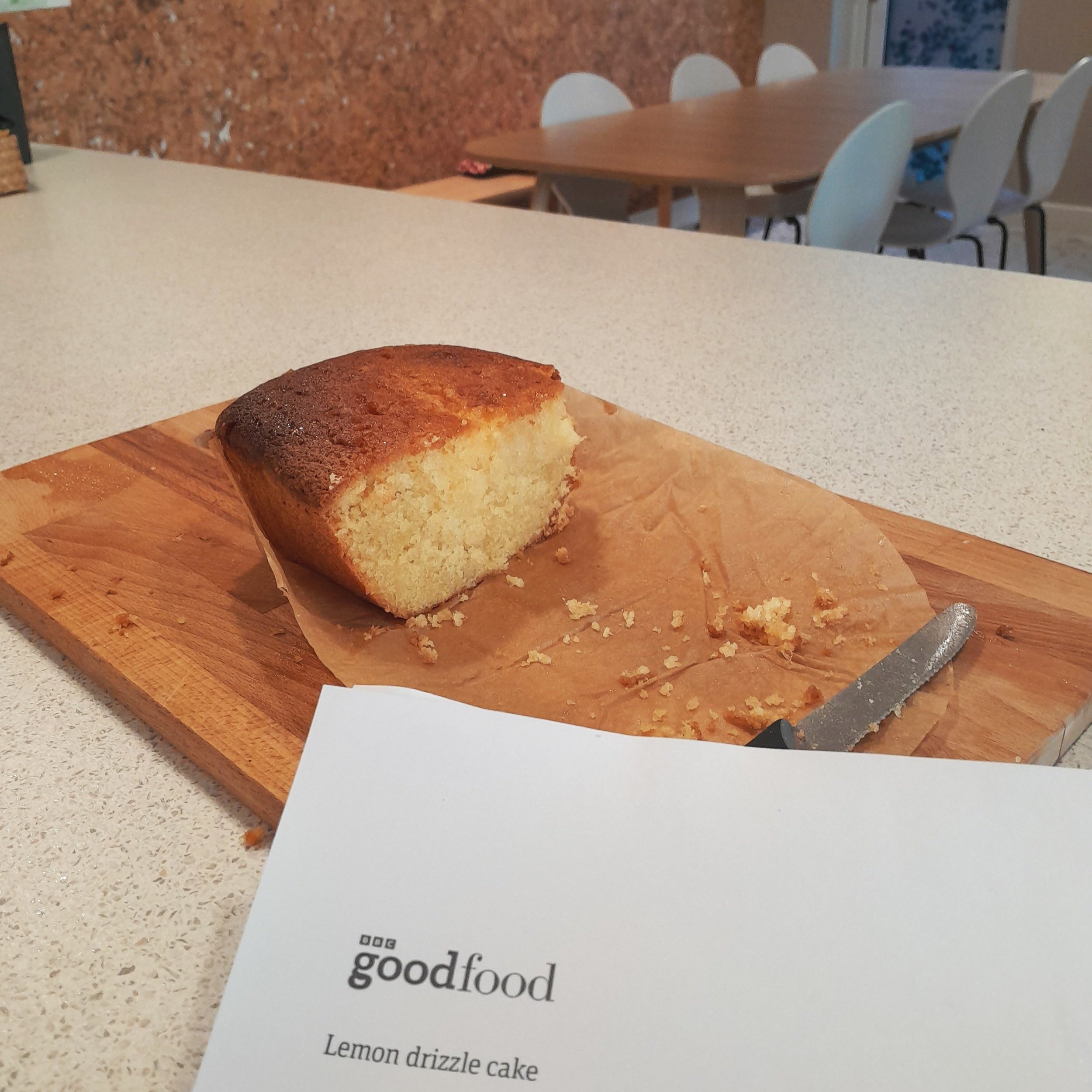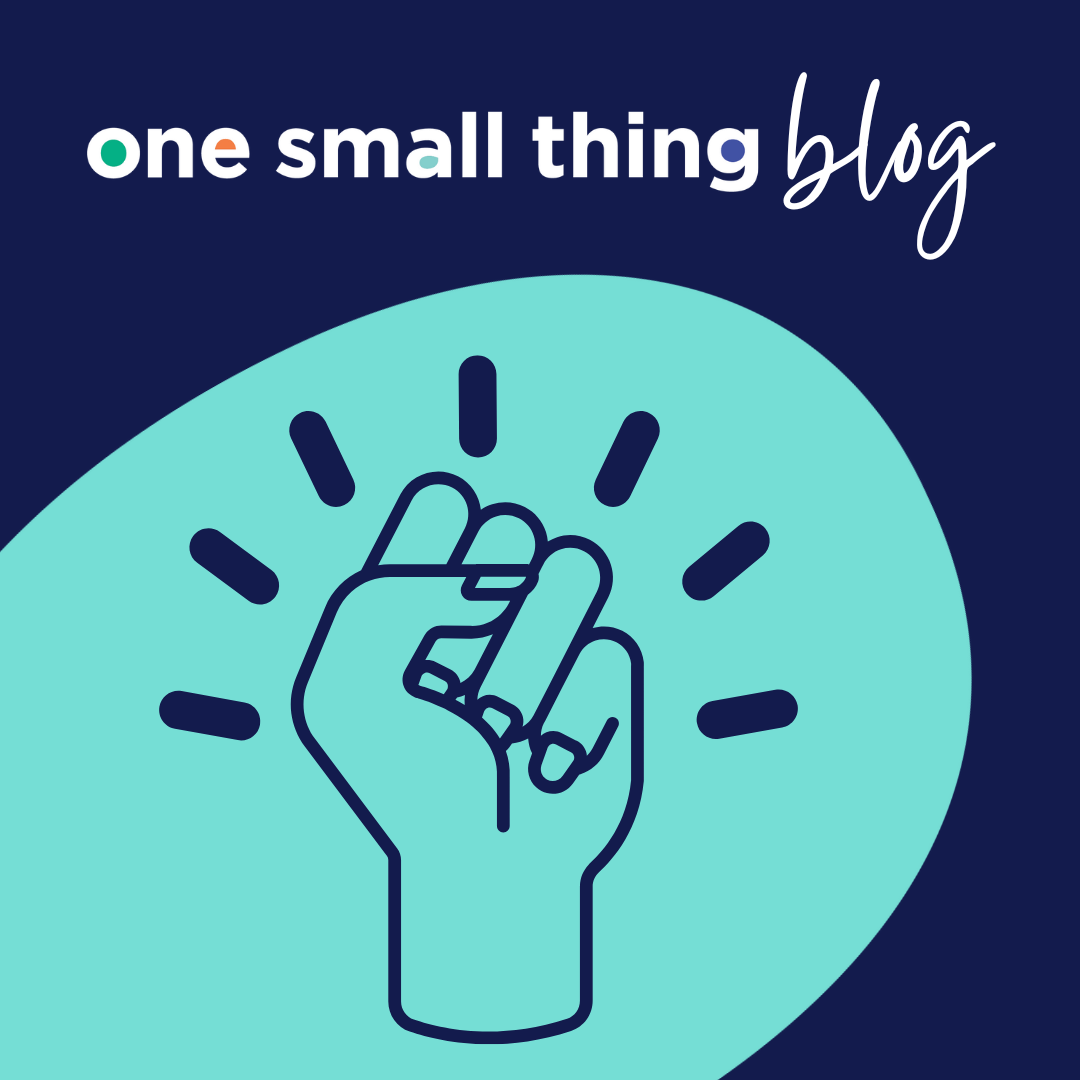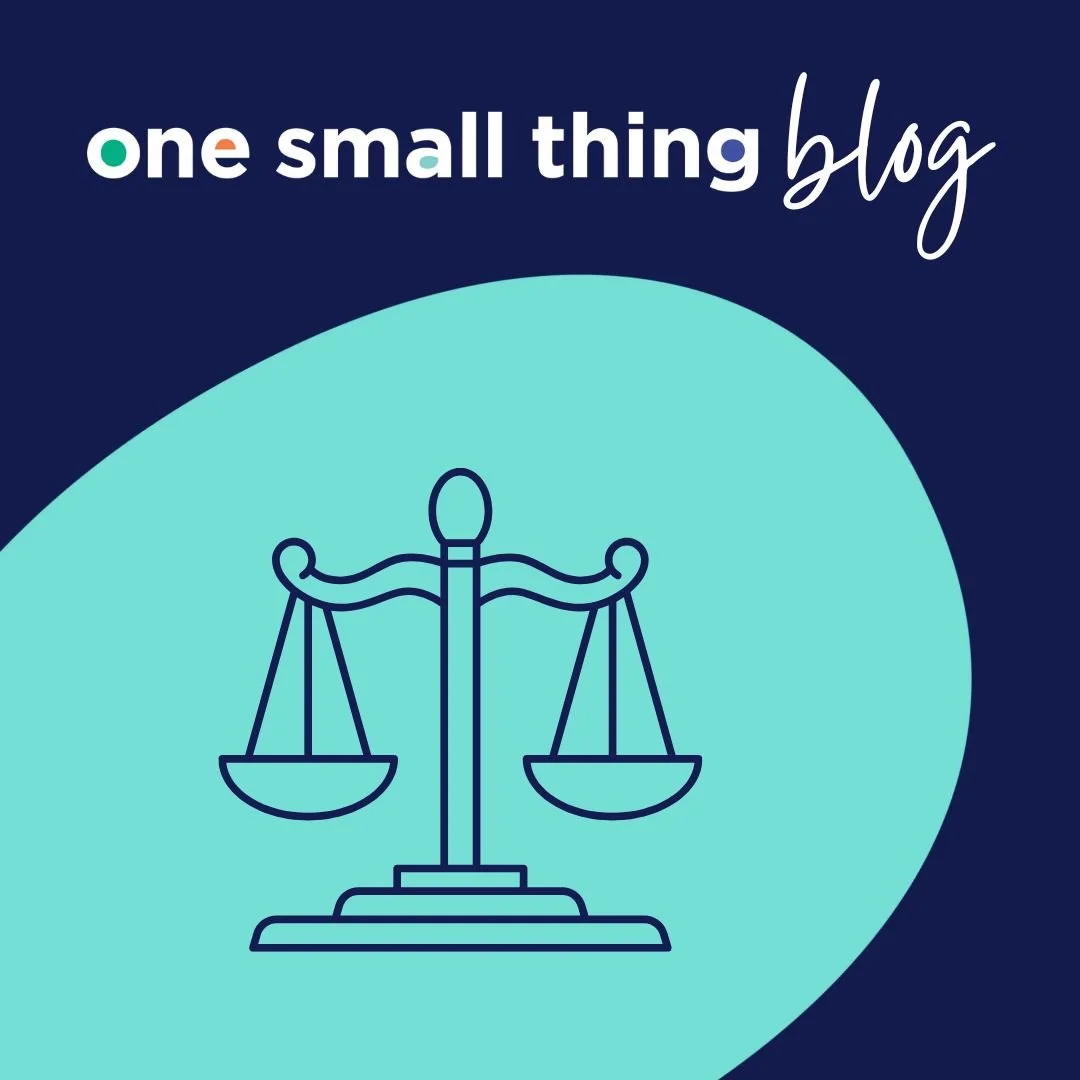Hope Street, what is it like being part of this pioneering service?
Credit Fotohaus Ltd
As the new year begins, we are remembering some of the key highlights from 2023, one of which (the biggest!) was the official opening of Hope Street which happened just over six months ago. As we build and develop our Hope Street community, you might be wondering, what does the day to day look like at Hope Street, and what is it like to be part of this pioneering service? We spoke to Saumya, one of our Community Partners at Hope Street, to give you more of an insight into what it’s like to work at Hope Street.
As a Community Partner at Hope Street, my role is the ensure that the women and children we support have personalized support aimed at creating positive transformations in their life. I also ensure that I hold space for them and give them the autonomy to make decisions about their life while I support them in the aftermath. Specifically, in developing individual support plans to reflect their stories and ensure that their personal programs help them develop the skills and tools they need to build happy and healthy lives.
Saumya taking pat in our arts and crafts group with the women.
My role is a hands-on journey which includes supporting women to appointments, helping them budget and time-keep, help foster independence, advocate for them always, incorporate healthy boundaries and positive role modelling, and be a reliable source of support in their day-to-day lives. I work closely with them to manage potential risks and provide one-on-one support in various aspects of their lives, aligning with the core values of trauma informed practice - safety, trustworthiness, choice, collaboration, and empowerment.
Another key part of my role has been co-facilitating the Healing Trauma+: A Brief Intervention for Women & Gender-Diverse People course by Dr. Stephanie Covington to vulnerable women in the community. It has been beautiful to be part of someone else’s journey and transformative healing.
The magic about this role is being able to see subtle transformations in real time. It could be anything from the women offering tea to me when they make one for themselves, or remembering their appointments, or taking the initiative to clean up after a cooking group, or helping another resident, or simply saying “hey, I don’t feel so good today, can we have a chat”. One Small Thing at a time. These bits add to their progress towards independence, and embody the strengths-based approach we adopt at Hope Street. Being a part of, and witnessing their journey towards empowerment is so fulfilling and rewarding at the end of the day.
“Spending time with the women and being witness to them carving their own paths to recovery is what I enjoy the most and find most rewarding.”
A challenging aspect of my role is transitions and terminations. There are times wherein our residents’ license agreements have naturally ended or they have been recalled. Because I work closely with them day in and day out, there is a therapeutic alliance and rapport built there. And although I can appreciate and adapt to change, it does feel a little sad when people leave. However, the way I deal with it is to cherish the growth and progress I was able to be a part of for that individual and wish them the best of luck moving forward.
A cake made from Hope Street’s weekly baking group
If talking about Hope Street to someone who had never heard about it, the one thing I want them to know about Hope Street is that this is a safe alternative to prison for women and their children to be at; second chances are at the heart of what we are trying to achieve here and we recognize each person’s right to dignity and safety.
Hope Street is a community, and every single person here is ready to help and show up to support our women with the utmost dedication and care. We foster autonomy and independence, whilst supporting our residents and providing access to options and resources to help them on their path ahead. Hope Street gives the women who stay here that safe space to take their next steps, and I hope we continue creating these safe spaces across the country!
Written by: Saumya, Community Partner at Hope Street

